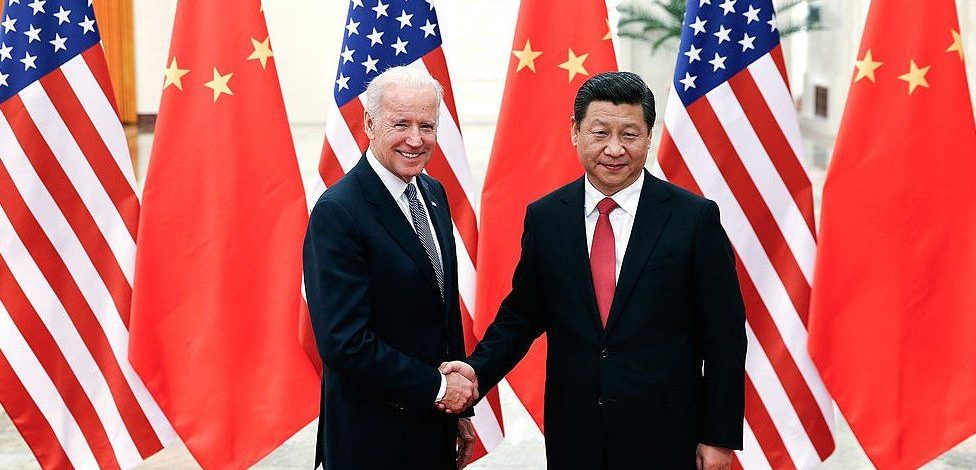China recently took President Biden’s remarks at the Glasgow climate summit for a chance to mock him about being powerless, despite President Xi Jinping not being present.
Biden addressed the opening of the COP26 U.N. Climate Summit, stressing the importance of action and unity. He also used the opportunity to apologize for the U.S. pulling out of the Paris agreement under the Trump administration.
Biden said that he didn’t have to apologize but felt like he should for the U.S pulling out of the Paris Agreement. He stressed how the U.S. had fallen a little behind the eight ball.
The report focuses on the controversial aspects of climate change in the U.S. and highlights the differences between Biden and Trump. Xu Liang, an associate professor at Beijing School of International Relations, claimed that these displays by American leaders were indicative of the declining U.S
Xi Jinping, the Chinese President, has been seen leading high-ranking officials as they pledge their loyalty at the 100th anniversary of the founding and establishment of the Chinese Communist Party. Everyone has been shocked by the avalanche of changes initiated by the CCP, adding that they are Xi’s vision to revive an era of strong leadership and tighter control on society.
Xi was absent from the summit in Rome, including this week’s global talks on climate in Scotland. This has drawn criticism from Biden, who has raised questions about China’s commitment to reducing its carbon footprint and greenhouse gases emissions.
China has been the largest emitter of carbon dioxide in the world. They have committed to reducing their carbon dioxide emissions by 2030 and carbon neutrality by 2060. The U.S. has urged Beijing not to make larger commitments but Xi has strongly suggested political concessions. Biden said that they have never been treated so badly as they have now.
Some outlets have suggested that Biden’s remarks were an acknowledgment that the U.S. has had difficulty convincing other countries to follow it on climate issues.
18 countries have joined Canada and the U.S. to create a “climate promise” to end public financing of fossil fuel projects overseas by 2022. It was reported that all funds will be redirected to clean energy spending.

